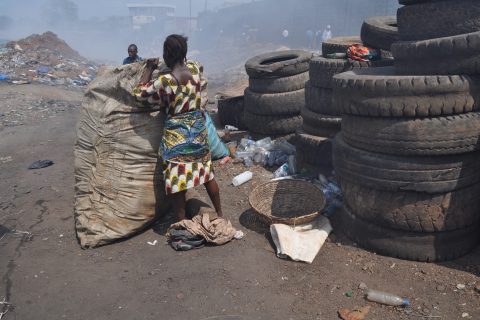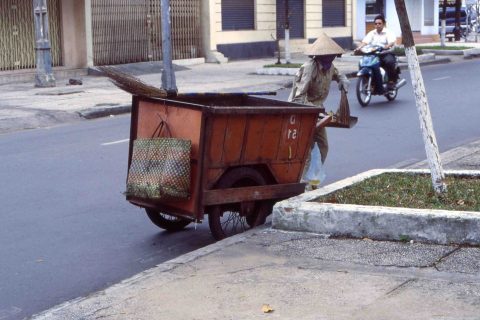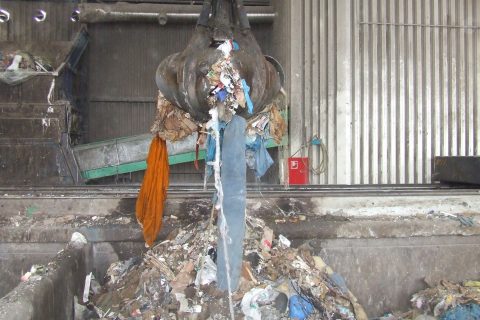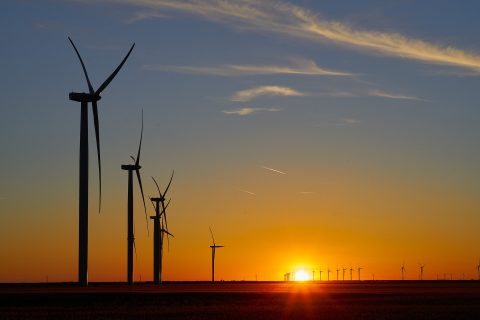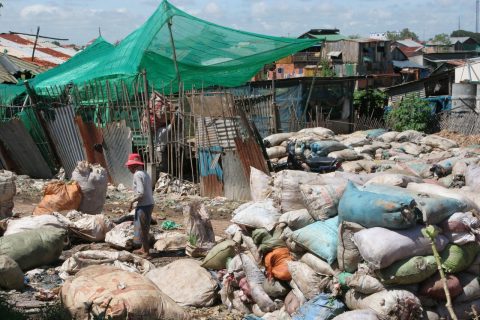Project management
The institute has been working as project coordinator and -partner since the year 2000, bothe nationally and internationally. The IEKrW has taken over the administrative and technical project management in various (third-party funded) projects (EU projects, BMBF, BMWi, regional funding programs, etc.). In collaboration with partners from business and science from all over the world (Africa, Asia, Oceania, Europe) areas such as waste management and recycling, renewable energies, energy efficiency, safty at work, health protection and environmental protection or know-how transer were addressed and are still in our focus.
Further projects of the IEKrW can be found here.
Selected references
Institut für Energie und Kreislaufwirtschaft an der Hochschule Bremen GmbH
Institute for Energy, Recycling and Environmental Protection at Bremen University of Applied Sciences
-
Neustadtswall 30
28199 Bremen
Germany - +49 421 5905-2326
- office-iekrw@hs-bremen.de

